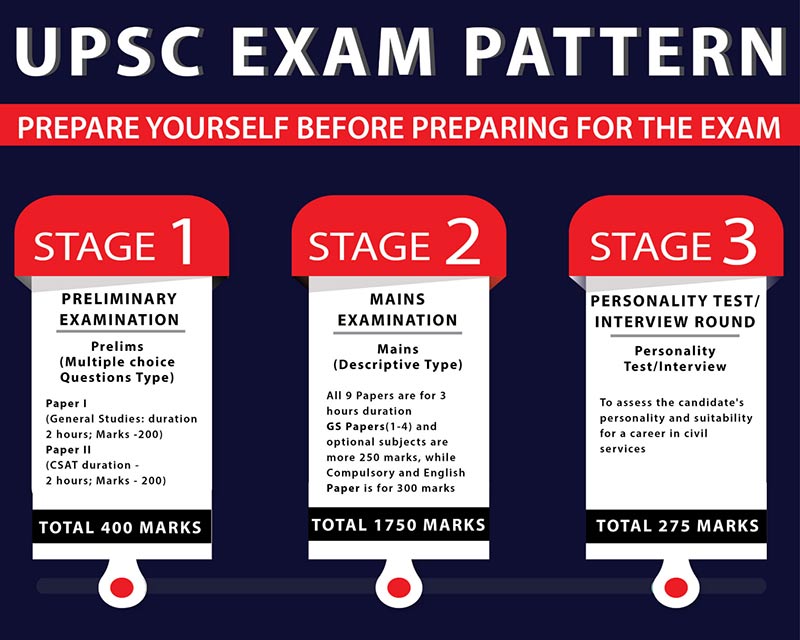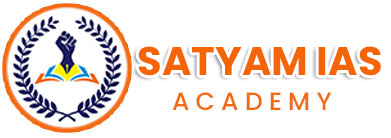“Genius is 1% talent and 99% hard work.”
Meaning:-This famous quote by Einstein gives a great message to all the students and makes them realise that they stand all equal. They should eliminate from their mind that CSE is only for talented nominees. No one is less capable than the other. The talent sums up only 1% in making the person a genius, the rest 99% is hard work and overcoming procrastination. Anybody can pass the IAS examination just by working hard and not being intelligent
- Indian Administrative Service (IAS)
- Indian Police Service (IPS)
- Indian Forest Service (IFoS)
- Indian Foreign Service (IFS)
- Indian Audit and Accounts Service (IAAS)
- Indian Civil Accounts Service (ICAS)
- Indian Corporate Law Service (ICLS)
- Indian Defence Accounts Service (IDAS)
- Indian Defence Estates Service (IDES)
- Indian Information Service (IIS)
- Indian Ordnance Factories Service (IOFS)
- Indian Communication Finance Services (ICFS)
- Indian Postal Service (IPoS)
- Indian Railway Accounts Service (IRAS)
- Indian Railway Personnel Service (IRPS)
- Indian Railway Traffic Service (IRTS)
- Indian Revenue Service (IRS)
- Indian Trade Service (ITS)
- Railway Protection Force (RPF)
There are 3 stages in the UPSC Civil Services Exam –

Preliminary Examination:-
The Civil Services Preliminary exam comprises of two compulsory papers of 200 marks each (General Studies Paper I and General Studies Paper-II). The questions will be of multiple Choice.
This objective paper is for a duration of two hours. There will be 100 questions. Marks of only this paper is counted to decide the toppers of the preliminary exam. The syllabus of GS Paper 1 is given below.
➢ Current events of National and International importance.➢ History of India and Indian National Movement.
➢ Indian and World Geography – Physical, Social, Economic Geography of India and the World.
➢ Indian Polity and Governance – Constitution, Political System, Panchayati Raj, Public Policy, Rights Issues, etc.
➢ Economic and Social Development Sustainable Development, Poverty, Inclusion, Demographics, Social Sector initiatives, etc.
➢ General issues on Environmental Ecology, Bio-diversity and Climate Change – that do not require subject specialization.
➢ General Science
This objective paper is for a duration of two hours. There will be 80 questions. Marks of this paper is counted to decide the toppers of the preliminary exam. This paper is only qualifying in nature. Aspirants just need to ensure that they score at least 33% marks in this paper. The syllabus of GS Paper 2 (CSAT) is given below.
➢ Comprehension.➢ Interpersonal skills including communication skills.
➢ Logical reasoning and analytical ability.
➢ Decision-making and problem-solving.
➢ General mental ability.
➢ Basic numeracy (numbers and their relations, orders of magnitude, etc.) (Class X level), Data interpretation (charts, graphs, tables, data sufficiency etc. – Class X level
Candidates must obtain minimum passing marks in each of the nine papers that comprise the Mains exam. Language papers i.e., English and Indian Language papers are qualifying papers, and the remaining papers i.e., GS-I, GS-II, GS-III, GS-IV, Essay paper, Optional Paper 1 and Paper 2 will be graded.
| Qualifying Papers | Marks | |
|---|---|---|
| Paper-A | One of the Indian languages listed in the Constitution’s Eighth Schedule needs to be selected by the candidate. | 300 |
| Paper 1 | Essay Paper | 250 |
| Paper 2 – General-Studies I | History and Geography of the World and Society, Indian Heritage and Culture. This paper mainly revolves around History, Geography and Society | 250 |
| Paper 3 – General -Studies II | Polity, Constitution, Governance, Social Justice and International relations. | 250 |
| Paper 4 – General -Studies III | Economic Development, Technology, Environment, Biodiversity, Security and Disaster Management. | 250 |
| Paper 5 – General Studies-IV | Ethics, Integrity and Aptitude. | 250 |
| Paper 6 | Optional Subject – Paper 1 | 250 |
| Paper 7 | Optional Subject – Paper 1 | 250 |
| Sub Total (Written Test) | 1750 | |
| Personality Test | 275 | |
| Grand Total | 2025 |
| GENERAL | RESERVE | |
|---|---|---|
| IAS | 21-32 | 21-37 |
| PCS | 21-37 | 21-42 |
| HAS | 31-35 | 21-40 |
| HCS | 21-42 | 21-47 |
| MORNING | EVENING |
|---|---|
| MONDAY, TUESDAY, WEDNESDAY,THURSDAY, FRIDAY | MONDAY, TUESDAY, WEDNESDAY,THURSDAY, FRIDAY |
| 10 TO 12:30- GENERAL STUDY CLASS 12:30 TO 1:00- NEWSPAPER READING 1:15 TO 2:45- GENERAL STUDY CLASS |
4:30- 6:00- GENERAL STUDY CLASS 6:00-6:30- NEWSAPAPER READING |
| SATURDAY GROUP DISCUSSION CLASS |
SATURDAY GROUP DISCUSSION CLASS |
(Prelims + Mains)- One Lakh in Instalments (Monthly Installment)- 30,000 Lump-Sum Amount- 90,000
| Agriculture | Animal Husbandry and Veterinary Science | Anthropology | Botany | Chemistry |
| Civil Engineering | Commerce and Accountancy | Electrical Engineering | Electrical Engineering | Geography |
| Geology | History | Law | Management | Mathematics |
| Mechanical Engineering | Medical Science | Philosophy | Physics | Political Science & International Relations |
| Psychology | Public Administration | Sociology | Statistics | Zoology |
| Assamese | Bengali | Bodo | Dogri | Gujarati |
| Hindi | Kannada | Kashmiri | Konkani | Maithali |
| Malayalam | Manipuri | Marathi | Nepali | Odia |
| Punjabi | Sanskrit | Santhali | Sindhi | Tamil |
| Telugu | Urdu | English |
